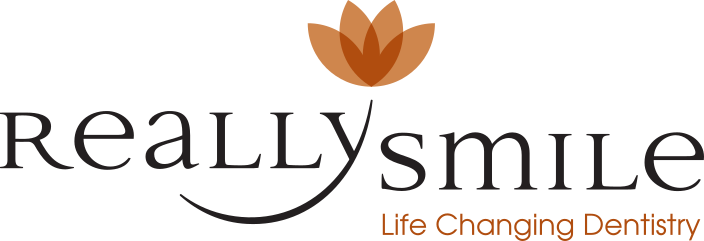In Carmel, IN, there aren’t a lot of dental offices offering what we offer. In fact, we are probably the only one with our unique mix of services and sedation that allow our patients to benefit. In some cases, the benefit is greater than others.
Take, for example, the issue of head, neck, and jaw pain. Some dentist will be able to help you with that pain, but most will not. Your doctor might have some ideas, but their plan usually involves writing a prescription, which isn’t a solution.
We understand that your entire body is connected. The pain you are feeling in the form of a headache could actually be a problem in your jaw called temporomandibular joint dysfunction (TMD) which affects your temporomandibular joint (TMJ).
We want to take some time discussing this with you because if you are experiencing pain, you want to find a SOLUTION, not a symptom remover.
What is the TMJ?
The TMJ is the joint responsible for all of the movement of your lower jaw. Your upper jaw is stationary as a part of your skull, which means that every chew, every word, and every yawn is produced by the TMJ moving the lower jaw.
Your jaw opens thousands of times each day, so that joint does a lot of work! When the joint is injured, you can imagine that it would be rather painful. The interesting thing is that TMD actually presents in many different ways.
What Causes the Dysfunction?
TMD is caused when the TMJ is injured for some reason. A blow to the head could be enough to knock something loose in the ball and socket joint. More often, though, we see injury as a result of stress. Maybe you are clenching your teeth while you work, or you grind your teeth while you sleep.
These movements put the joint under constant pressure, which can lead to injury. TMD might also occur due to arthritis, which is an inflammation of the joints.
What Signs Will I See?
TMD presents in many ways from a stuffy nose to dizziness to a limited movement of your mouth. Most often, though, our patients will be experiencing pain or hearing noises while they chew. Read below for more details on these two categories of symptoms.
Pain
Chances are pretty great that you will feel pain in some part of your face or head. Some patients complain of constant headaches or earaches. Others feel pain traveling down their neck or into their shoulders.
Sounds
You might also hear interesting sounds coming from your jaw while you chew. You might hear clicking or popping. Aside from headaches, this is one of the most common problems that our patients notice at home!
Where Does Treatment Begin?
Simple
In most cases, the TMJ simply needs a break. It needs time to heal, which is difficult when you use that joint thousands of time each day! We might recommend that you limit any extreme movements of your jaw. Maybe you need to eat soft foods for a few days to see if your TMJ can heal with a bit of rest.
If your TMD is caused by grinding your teeth, we will make sure that you have a protective appliance to keep your TMJ safe during all hours of the night.
Advanced
In a few cases, those simple techniques are not enough to take care of the problem. If that’s the case, we will recommend more advanced treatments. In very rare cases, a small oral surgery is required to do actual repair work to the TMJ.
The important thing to remember is that TMD DOES NOT go away on its own. You need to have your jaw checked SOON if you are experiencing the symptoms we mentioned above.
Getting a diagnosis is a very quick and simple process, so don’t hesitate to give us call today to set up your consultation or appointment. We can’t wait to help you have a healthy, safe jaw once again!
